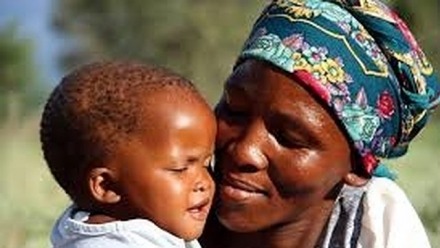Population-Level Burden and Inequities in Maternal Health Care Utilisation and Child Health Outcomes in Zambia

Inequality in maternal and child health seriously hinders the overall improvement of health. Despite most maternal and under-five deaths being preventable and easily treated with cost effective measures, maternal and child morbidity and mortality are still high. This is a concern as regards both the United Nations Sustainable Development Goals (SDGs) and Zambia Vision 2030. The level of improvement in health outcomes and other indicators has varied across regions and is low and slower in sub-Saharan Africa and Zambia as compared to most high income countries that have attained their SDG targets. Despite this reality, research on the inequity of maternal health care utilisation, maternal and child health outcomes is limited in Zambia. Understanding socio-economic interactions at various levels is important for improvement of maternal and child health outcomes. This study aims to examine the population-level burden of maternal mortality, related complications on reproductive age women and to understand the underlying socio-economic determinants that drive inequalities in maternal health care utilisation and the downstream impacts on child health outcomes at multiple levels.
Three waves of the Zambia Demographic and Health Survey 2007, 2013/14 and 2018 and the 2017-19 Ministry of Health maternal and child surveillance data will be used for this study. Maternal mortality and morbidity burden will be analysed by using the Sullivan method and inequities in selected maternal and child health outcomes and health care utilisation will be analysed by using a multilevel approach at the individual, familial and community level and population-weighted, regression-based measures: slope index of inequality and relative index of inequality to measure maternal health care utilisation and child health outcomes.
It is expected that the study will show inequities at various levels beyond the individual level in many of the selected child health outcomes and maternal health interventions. Maternal and Child health policies need to be directed towards tackling inequities and use of interventions through equity enhancing measures if the country is to achieve Sustainable Development Goal 3.
Audrey Kalindi is a PhD candidate in the School of Demography at the ANU. She holds a Master’s and Bachelor’s degree from the University of Zambia (MA in Population Studies and BA in Demography and Economics). She has a Post Graduate Diploma in Monitoring and Evaluation from Stellenbosch University in South Africa. Her current research interests focus on measuring the population-level maternal mortality and morbidity burden and how socio-economic factors interact to bring about inequities in maternal health care utilisation and child health outcomes.








